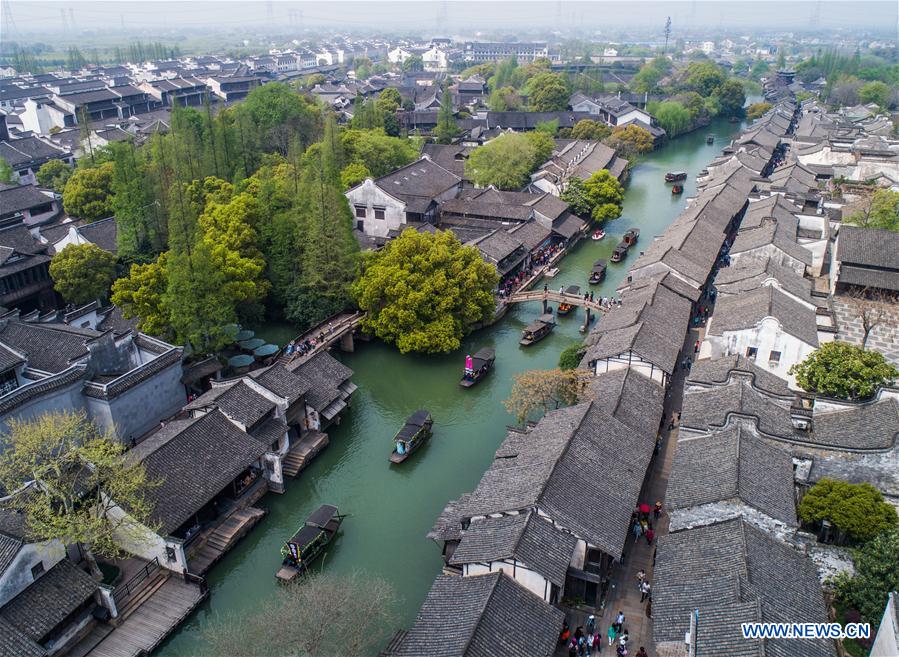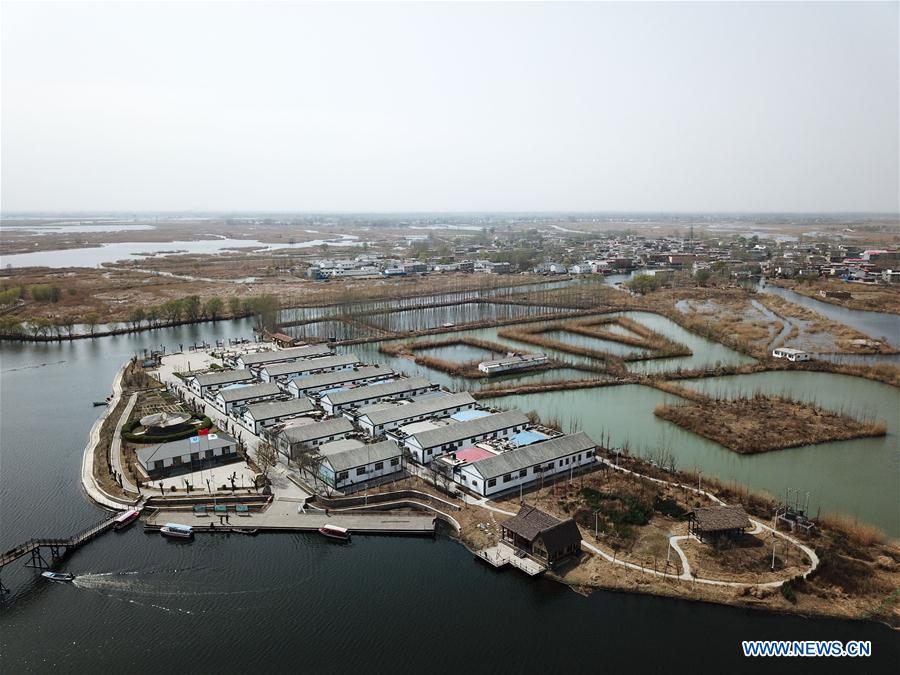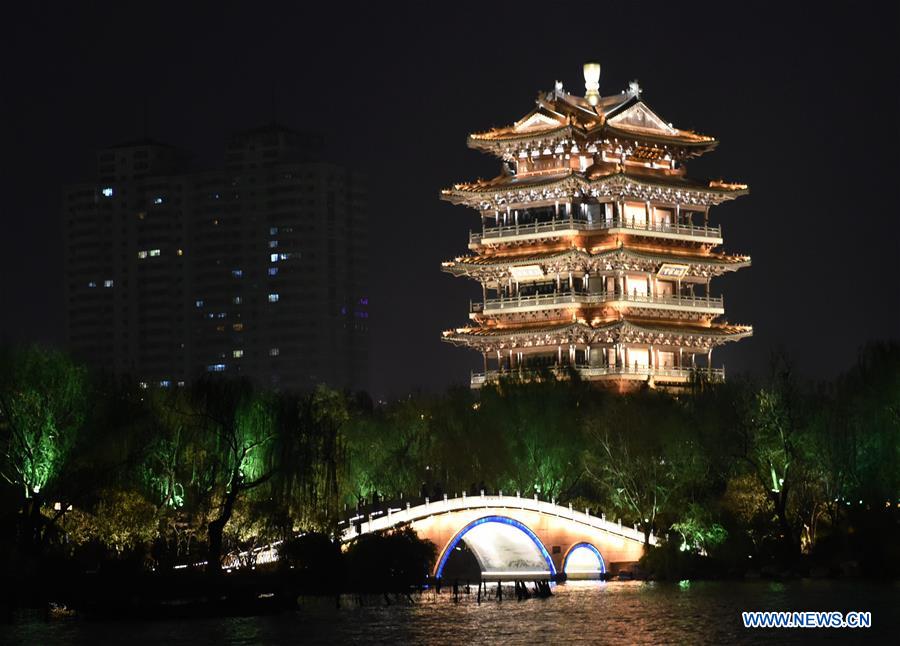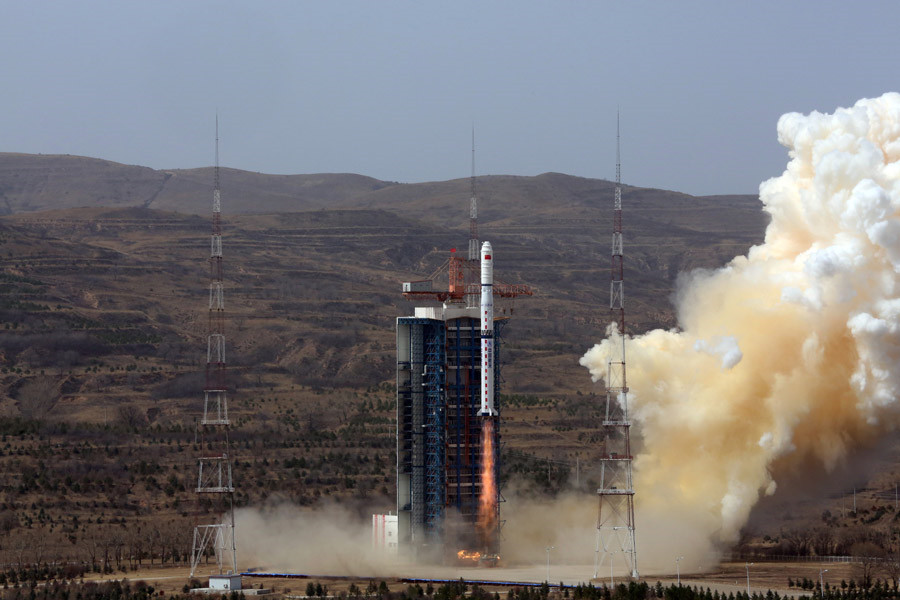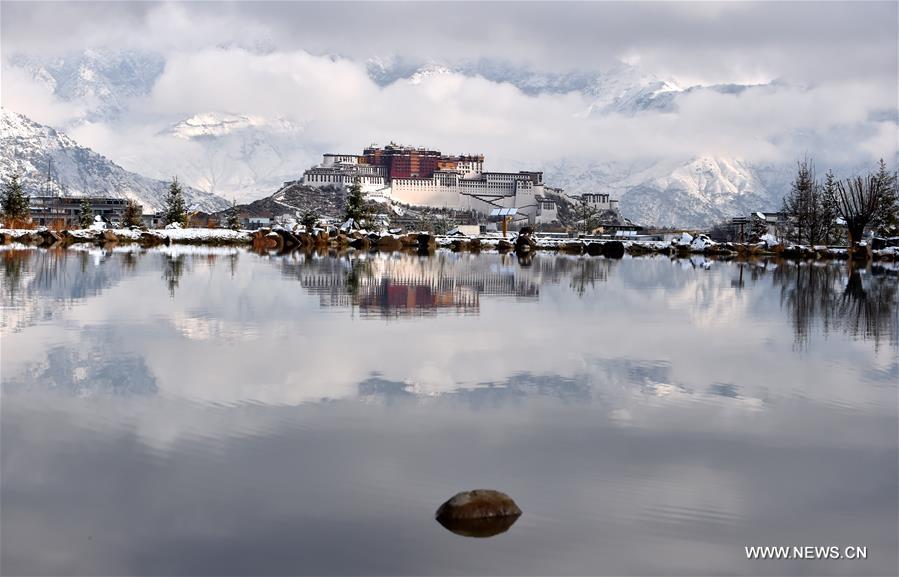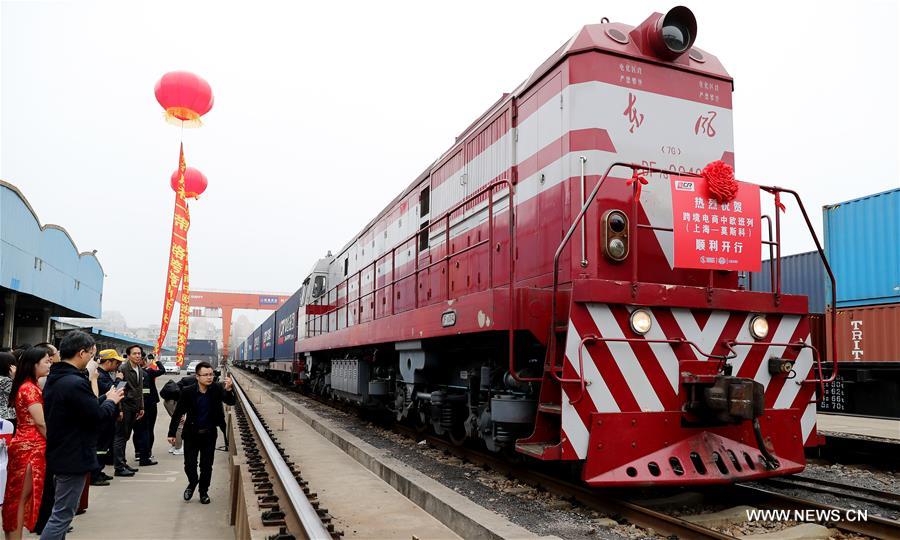Scientist: African countries can copy Beijing's progress, starting in Kenya
China's practices in curbing air pollution could be valuable for countries in Africa that are dealing with the issue, as more measures to protect the continent's environment are considered, a top UN scientist said.
The comprehensive controls that led to air pollution reductions in China have brought remarkable progress for the country, especially in Beijing, said Liu Jian, chief scientist at the United Nations Environment Programme.
Winter controls over industrial production, such as the temporary shutdowns of highly polluting factories; changes in energy consumption patterns, like shifting to clean energy for heating; and development of new energy vehicles, have all led to improved air quality, he said.
Concentrations of PM2.5-the tiny particles that pose the greatest health risks plunged by 39.6 percent in 2017 from 2013 levels in the Beijing-Tianjin-Hebei region, and the air quality in the Pearl River Delta has met national standards three years in a row, according to the Ministry of Environmental Protection.
It's time for more countries to pay more attention to cutting air pollution, Liu added.
The latest data from World Bank shows that PM2.5 was responsible for economic losses of $5 trillion worldwide in 2013. Moreover, 5.5 million people died of diseases related to air pollution indoors and outdoors in 2013, according to the World Health Organization.
"The most important way to reduce pollution is to reduce emissions through the help of ample funding, improved technologies and well-implemented policies, as China did, "Liu said, "Other countries facing similar issues could learn from China."
For example, the strict measures Beijing took to reduce vehicle exhaust emissions could be exported to Nairobi, the Kenyan capital, he said.
In October, Beijing adopted new standards for emissions, considered to be among the strictest in the world. In Nairobi, by contrast, the exhaust standards are missing, and vehicle emissions are a major source of air pollution, he said, adding that vehicles with excessive emissions are free to roam.
Moreover, worsening air quality has been observed in many African countries in recent years as economies have grown, he said.
For India, whose pollution problems are similar to China's, the lessons from China may also be valuable. Some cities, such as New Delhi, should take decisive action, as Beijing did in the past five years.
UNEP has participated in various projects with China to build a platform and promote exchanges between China and African countries on environmental protection not only on air pollution but also soil and water pollution, as they are certainly inter connected, Liu said.
Among the joint efforts is the newly formed China-Africa Environmental Cooperation Center, based in Nairobi, a promising antipollution project, Liu said.
The environment ministers of China and Kenya, along with the head of UNEP, signed the agreement to promote the project on Dec 5.It aims to promote environmental exchanges between the private sector and governments on environmental protection and help the Belt and Road Initiative to become "green".
In recent years, Chinese enterprises have contributed their strength toward improving the environment, including in air pollution control, UNEP's Liu said, adding that they are prepared to help push forward Africa's ambition to industrialize, while also conserving the continent's environment.
These firms could draw on their experience in curbing pollution, and then replicate their successes in Africa, he said.
With sustainable solutions from vast sectors-private, government, industry, transportation and energy-there will be more blue skies, rich soil and fresh water for all, he said.




































